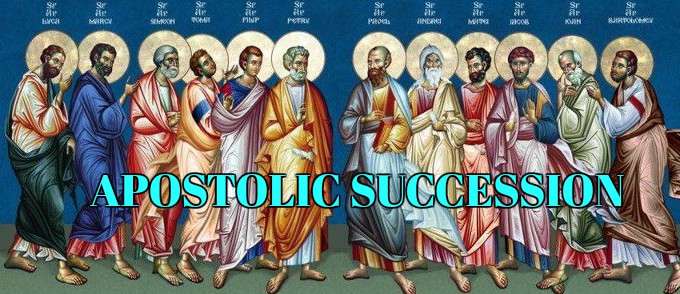Theophany is the Feast that reveals the Most Holy Trinity to the world through the Baptism of the Lord.
Matthew 3:13-17 (KJV)
13 Then cometh Jesus from Galilee to Jordan unto John, to be baptized of him.
14 But John forbad him, saying, I have need to be baptized of thee, and comest thou to me?
15 And Jesus answering said unto him, Suffer it to be so now: for thus it becometh us to fulfil all righteousness. Then he suffered him.
16 And Jesus, when he was baptized, went up straightway out of the water: and, lo, the heavens were opened unto him, and he saw the Spirit of God descending like a dove, and lighting upon him:
17 And lo a voice from heaven, saying, This is my beloved Son, in whom I am well pleased.
(Mark 1:9-11; Luke 3:21-22). God the Father spoke from Heaven about the Son, the Son was baptized by Saint John the Forerunner, and the Holy Spirit descended upon the Son in the form of a dove.
From ancient times this Feast was called the Day of Illumination and the Feast of Lights since God is Light and has appeared to illumine “those who sat in darkness,” and “in the region of the shadow of death” (Mt.4:16), and to save the fallen race of mankind by grace.
In the ancient Church, it was the custom to baptize catechumens at the Vespers of Theophany, so that Baptism also is revealed as the spiritual illumination of mankind.
The origin of the Feast of Theophany goes back to Apostolic times, and it is mentioned in The Apostolic Constitutions (Book V:13).
From the second century, we have the testimony of Saint Clement of Alexandria concerning the celebration of the Baptism of the Lord, and the night vigil before this Feast.
There is a third-century dialogue about the services for Theophany between the holy martyr Hippolytus and Saint Gregory the Wonderworker.
In the following centuries, from the fourth to the ninth century, all the great Fathers of the Church: Gregory the Theologian, John Chrysostom, Ambrose of Milan, John of Damascus, commented on the Feast of Theophany.
The monks Joseph the Studite, Theophanes and Byzantios composed much liturgical music for this Feast, which is sung at Orthodox services even today. Saint John of Damascus said that the Lord was baptized, not because He Himself had need for cleansing, but “to bury human sin by water,” to fulfill the Law, to reveal the mystery of the Holy Trinity, and finally, to sanctify “the nature of water” and to offer us the form and example of Baptism.
On the Feast of the Baptism of Christ, the Holy Church proclaims our faith in the most sublime mystery, incomprehensible to human intellect, of one God in three Persons. It teaches us to confess and glorify the Holy Trinity, one in Essence and Undivided. It exposes and overthrows the errors of ancient teachings which attempted to explain the Creator of the world by reason, and in human terms.
The Church shows the necessity of Baptism for believers in Christ, and it inspires us with a sense of deep gratitude for the illumination and purification of our sinful nature.
The Church teaches that our salvation and cleansing from sin is possible only by the power of the grace of the Holy Spirit, therefore it is necessary to preserve worthily these gifts of the grace of holy Baptism, keeping clean this priceless garb, for “As many as have been baptized into Christ, have put on Christ” (Gal 3:27).
Commemorated on January 6
Related




